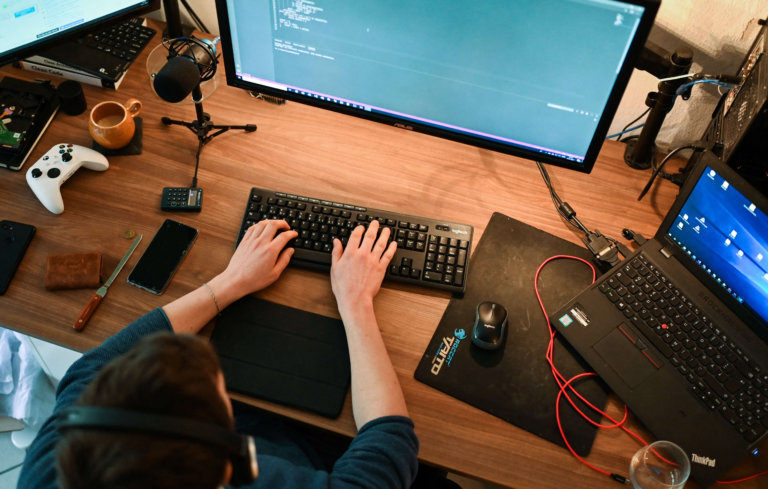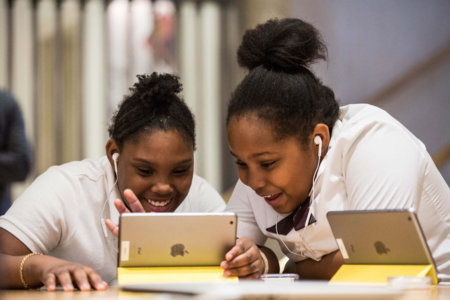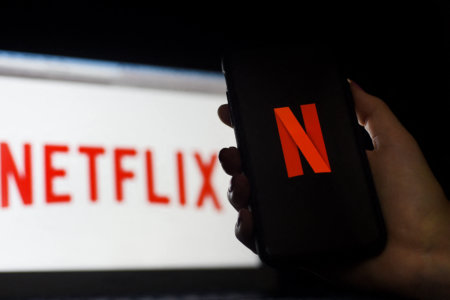
You’ve probably heard of the Popcat game, an internet-based clicking game. The global phenomenon came from a meme of a cat that went viral on Twitter back in 2020, thanks to Edward Hails, Josh O’Sullivan, and Freddy Heppell.
These three computer science students at the University of Sheffield came up with the Popcat game as a joke at 2.00 a.m. in December 2020. It was no different from any of their other ideas for web applications that they regularly develop and launch.
Today, the Popcat game has become so wildly successful that it’s been banned in some schools in Finland. Popcat himself has been clicked over 500 billion times — probably more by the time you’re reading this.
So, how exactly did the Popcat game become an internet sensation? What skills did Hails, O’Sullivan and Heppell need to create this addictive game? We answer these questions and more below:
What exactly is the Popcat game?
The Popcat game requires players to click on a picture of a cat, which will then open its mouth into a wide ‘O’ shape and make a popping sound. Each click amounts to one score.
No registration is needed. Just visit the webpage — either on your computer or your smartphone — to play. It features one webpage with an image of the cat, Oatmeal, who became a viral meme on Twitter.
The catch is that you’re not representing yourself in the game but your country! Below the cat is a global leaderboard that shows the tally of each country in real-time. At the time of writing, Asian countries dominate the top five spots of the leaderboard.
So there’s a video with some images of my cat Oatmeal out and here’s the full clip of him chirping at a bug. pic.twitter.com/4MVTWiIknc
— Xavier (@XavierBFB) October 11, 2020
What value does Popcat have?
Did you know that Popcat is an NFT gaming platform? NFTs stand for non-fungible tokens. ethereum.org explains it simply: “NFTs are tokens that we can use to represent ownership of unique items.
“They let us tokenise things like art, collectibles, even real estate. They can only have one official owner at a time and they’re secured by the Ethereum blockchain – no one can modify the record of ownership or copy/paste a new NFT into existence.”
If you’re still confused about the idea behind an NFT marketplace, HBR explains: “NFT platforms are built around the idea that just like physical content, digital content too can be scarce — that is, limited in quantity — and can therefore be meaningfully owned and traded.”
steemit notes: “Popcat is an NFT gaming platform that allows users or merchants to benefit by becoming a user on Popcat. The uniqueness of this gaming platform is that its users or traders can make purchases of PCAT tokens and get double the profit from it and have around 30% reliable liquidity reserves.”
They add that Popcat isn’t just a meme token. “The Popcat team is developing a unique and funny NFT marketplace and game that rewards BNB holders [Binance Coin, a cryptocurrency] when playing alongside BUSD reflections!”
The more one plays, the more they earn.
How does a computer science degree contribute to the Popcat game’s success?
In an interview with their university, Hails, O’Sullivan, and Heppell all agreed that their computer science degree helped in the development of the Popcat game.
In particular, learning about project management skills and how to use Kanban boards to their best advantage proved helpful. Tech skills aside, soft skills are essential too.
By working with external people, including one who found a vulnerability in the site, the trio said good communication skills and working with people in a virtual environment are among the essential skills they developed while studying.
Creating the Popcat game also helped the trio to develop a new level of respect for anyone working in DevOps and SysOps. This includes learning about the importance of technical debt and working under pressure to make changes with ongoing requests coming in.
Their advice for students who may want to develop their own applications?
Don’t obsess or spend too much time on it, because you’ll never know if it’s something people will use. Instead, spend time bringing as many ideas as you can to the table as you’ll never know when you might get lucky!










